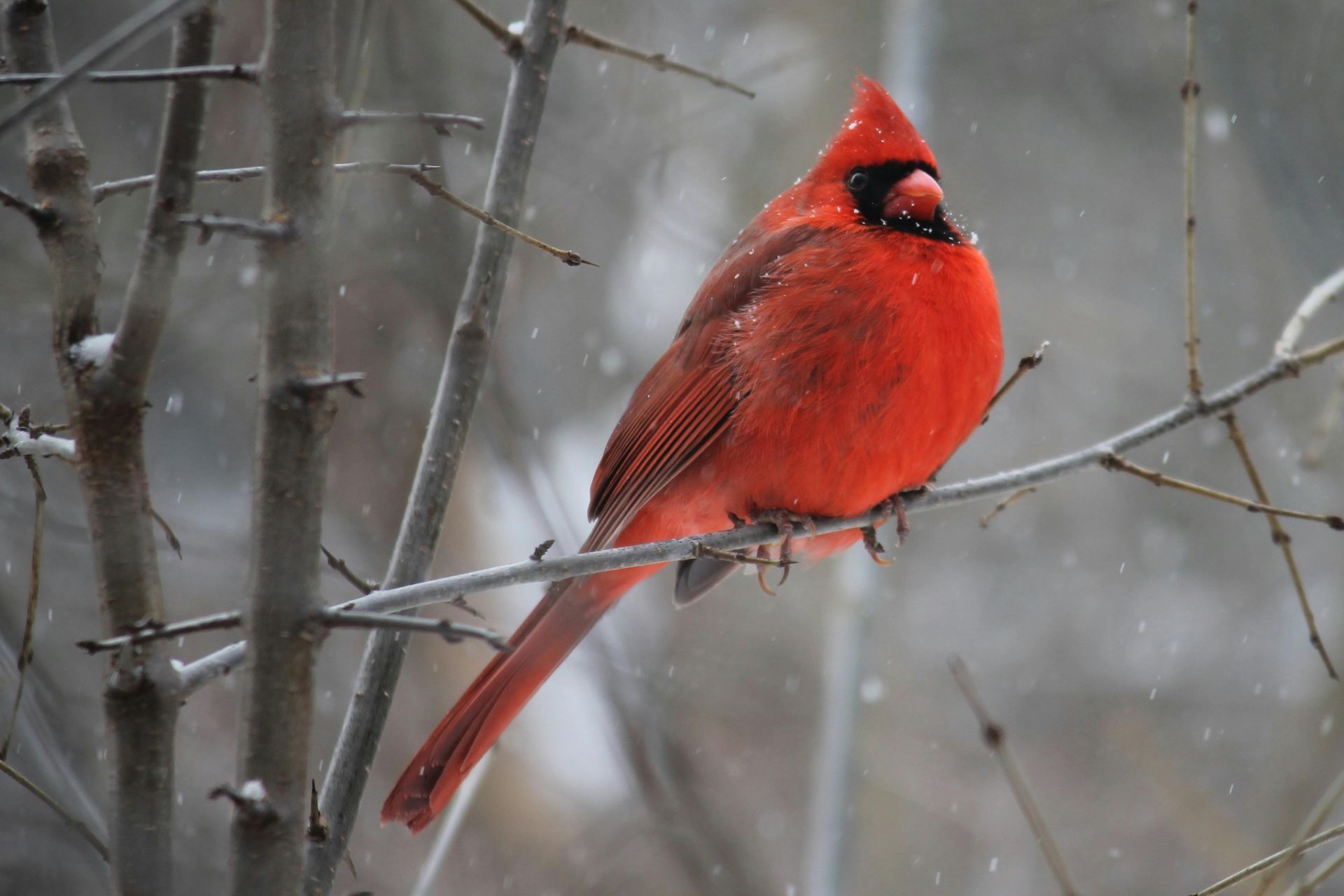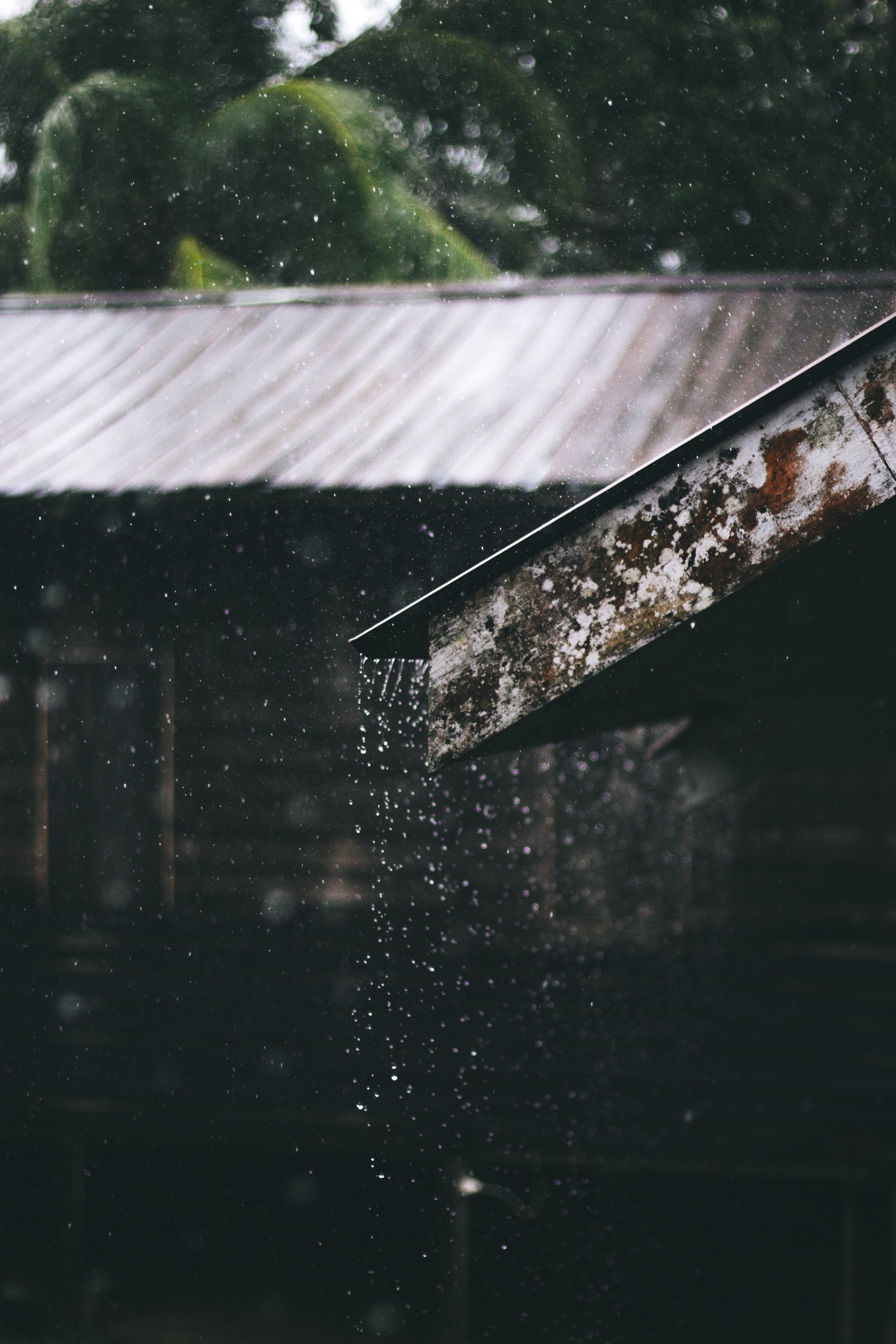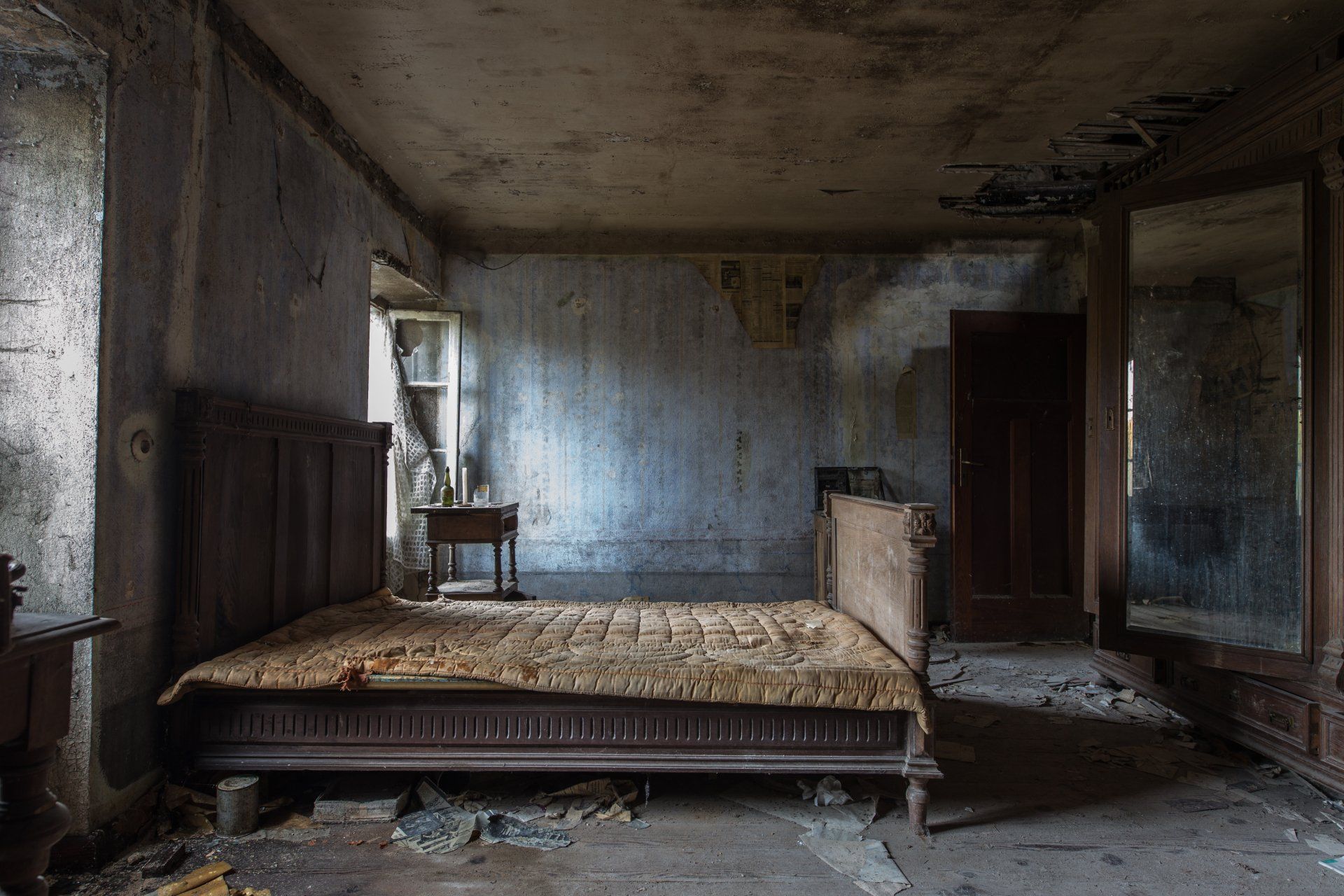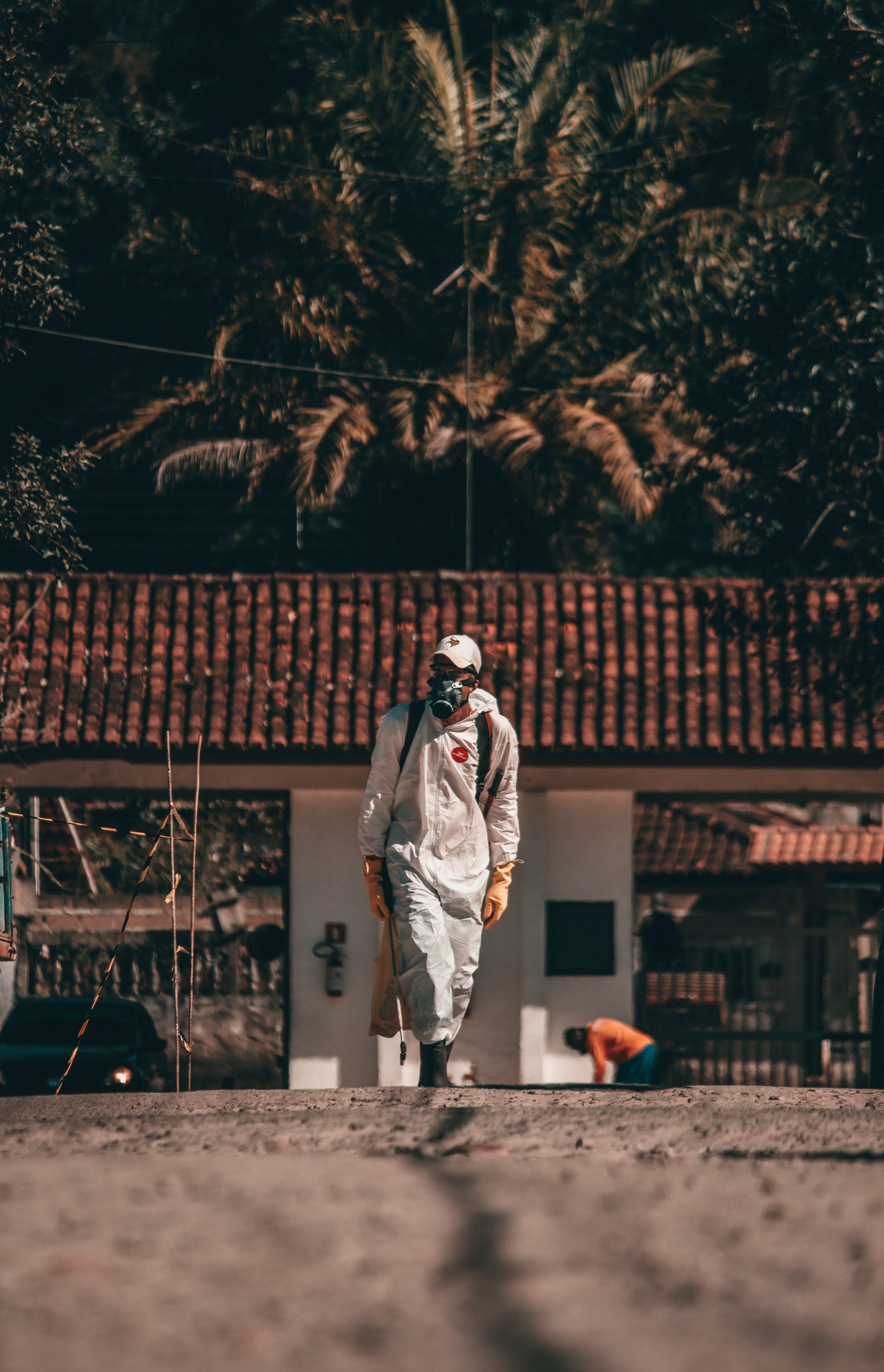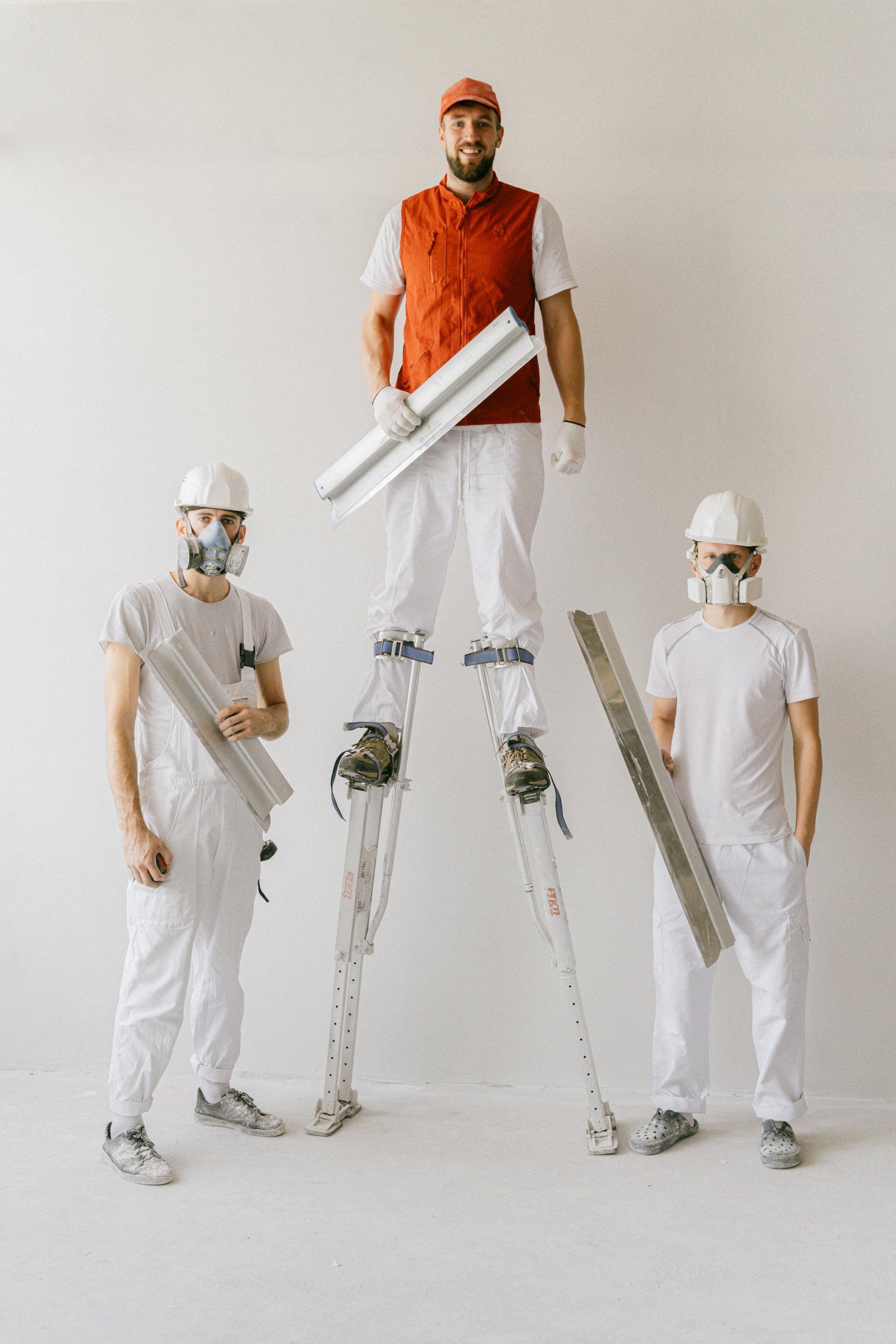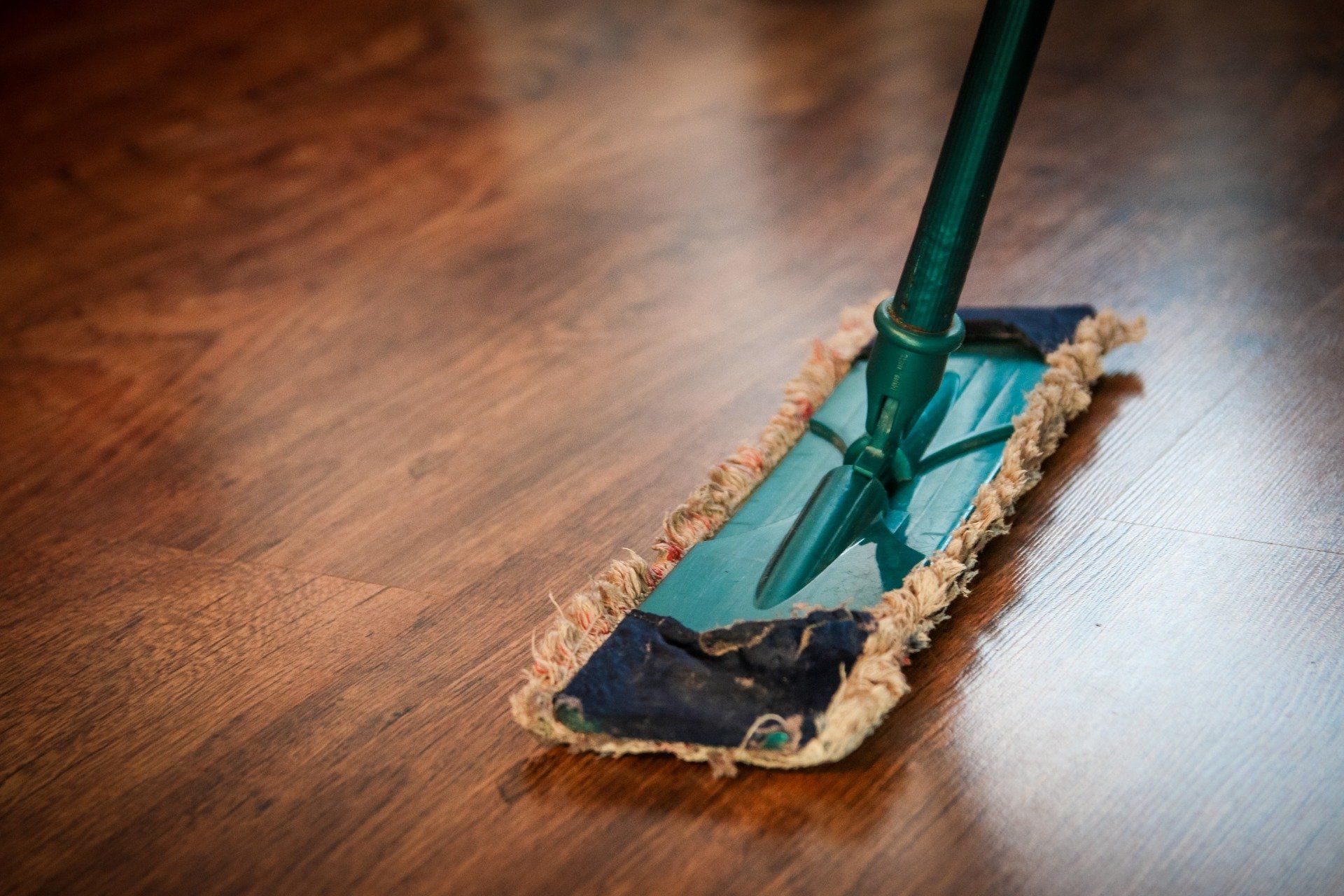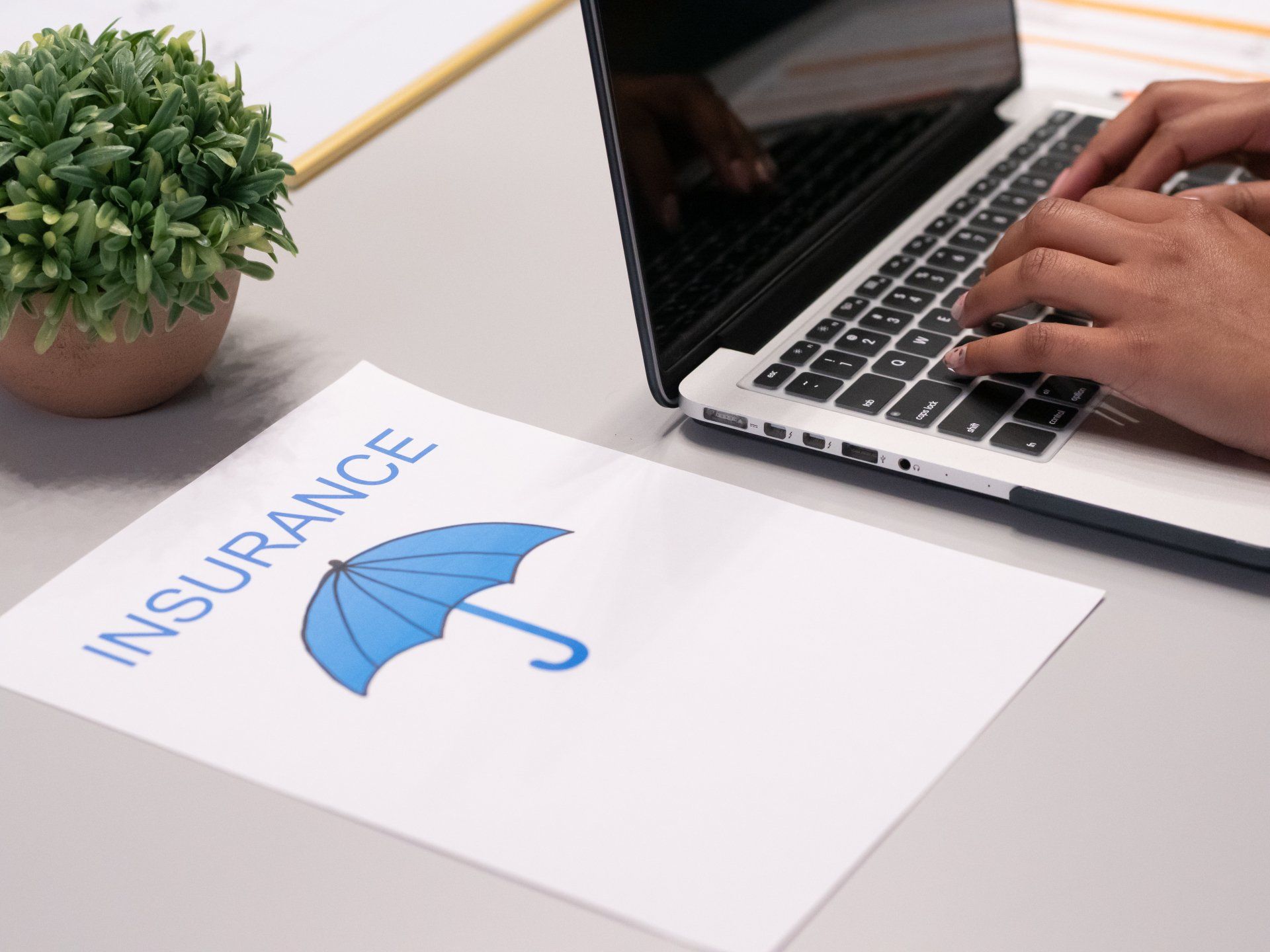Top Three Common Causes Of Water Damage
Water damage is a homeowner's nightmare, causing costly repairs, structural issues, and potential health hazards if not addressed promptly. While water damage can occur for various reasons, certain causes are more prevalent than others. In this blog post, we'll delve into the top three common causes of water damage that homeowners should be aware of to protect their properties.
1. Plumbing Issues
Plumbing problems are one of the leading causes of water damage in homes. Leaking or burst pipes, dripping faucets, and faulty plumbing fixtures can result in water seepage, leading to damage to walls, floors, and ceilings. Even minor leaks can escalate into major issues if left unchecked, causing extensive damage and mold growth over time.
2. Appliance Malfunctions
Household appliances such as washing machines, dishwashers, and water heaters are convenient amenities, but they can also be sources of water damage if not properly maintained. Over time, appliances may develop leaks or malfunctions that can lead to flooding and water damage in surrounding areas. Common culprits include worn-out hoses, faulty seals, and clogged drain lines.
3. Weather-Related Events
Extreme weather events, such as heavy rainfall, hurricanes, or snowmelt, can result in flooding and water damage to homes. Poorly maintained roofs, clogged gutters, and inadequate drainage systems can exacerbate the risk of water intrusion during storms, leading to damage to roofs, walls, and foundations. Flash floods and rising groundwater levels can also pose a threat to properties in flood-prone areas.
Prevention Tips
While water damage can be inevitable in some cases, there are steps homeowners can take to minimize the risk and mitigate potential damage:
- Regularly inspect and maintain plumbing systems, including pipes, fittings, and fixtures, to identify and address leaks promptly.
- Replace worn-out hoses and seals on appliances and install water leak detection devices to alert you to potential leaks.
- Keep gutters and downspouts clean and in good repair to ensure proper drainage away from the foundation.
- Seal gaps and cracks in walls, windows, and doors to prevent water intrusion during heavy rainfall or storms.
- Invest in a sump pump and backup generator to help mitigate flooding and water damage during power outages or severe weather events.
Water damage can have devastating consequences for homeowners, but by understanding the common causes and taking proactive measures to prevent and address issues, you can protect your property and minimize the risk of damage. Regular maintenance, prompt repairs, and proper drainage are essential steps in safeguarding your home against the threat of water damage. By staying vigilant and addressing issues promptly, you can enjoy peace of mind knowing that your home is protected from the damaging effects of water intrusion.
